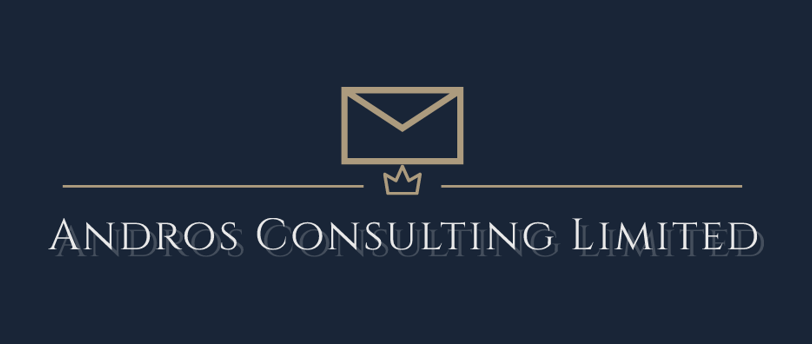Navigating Toxic Working Relationships as a Consultant: Strategies for Success
As consultants, we often face the challenge of stepping into complex environments where internal politics and challenging relationships can hinder progress. Balancing professionalism, delivering results, and managing toxic dynamics is no easy task.
Andrew Kaufmann
11/4/20243 min read


As a consultant, your role often involves integrating into a new team, working across departments, and quickly establishing credibility—all while managing complex projects and delivering results. But what happens when the internal environment becomes challenging, even toxic? Managing such dynamics requires a careful balance between professionalism, empathy, and strategic boundary setting.
Here’s how to approach a toxic working relationship in a consulting context, especially when internal politics come into play.
1. Stay Focused on Your Role and Deliverables
When faced with a difficult or toxic relationship, it’s essential to remember why you are there: to provide value and expertise. Clear deliverables and outcomes should guide your priorities. Write out a list of your key objectives and use it as a mental anchor when distractions arise from workplace drama. If internal politics threaten to derail a project, document your work and progress meticulously. This provides a record that not only protects you but reinforces your professional approach.
2. Maintain Emotional Detachment While Practicing Empathy
Consultants are often drawn into emotionally charged situations. Keeping a degree of emotional detachment is key. However, this doesn’t mean you should lack empathy. Active listening and understanding the perspectives of your colleagues or clients can reveal underlying motivations. In the end, most conflicts in the workplace stem from fears, insecurities, or unmet expectations. Recognizing these dynamics can help you approach conversations with compassion while staying professionally aloof from the toxicity.
3. Set Clear Boundaries
Being a consultant doesn’t make you immune to overreach from stakeholders who may push you into uncomfortable situations or try to involve you in office politics. Learn to set and communicate boundaries clearly. If someone tries to draw you into personal conflicts or political games, redirect the conversation to focus on work objectives. Phrases like, “I’d like to concentrate on our project goals,” or “Let’s keep our focus on achieving X outcome,” are polite yet firm ways to stay neutral.
4. Choose Allies Wisely and Build Trust
You may find certain team members are more aligned with your project goals and work ethic. Building a small circle of trust can make your consulting experience more manageable. These allies can help you understand organisational politics and may even help amplify your voice when necessary. That said, be cautious and selective, as alliances can shift. Your aim should be to gather information and support without appearing partisan.
5. Use Your Outsider Status as a Strength
Your external perspective as a consultant is an asset. Use it to offer unbiased opinions and to propose solutions that an internal employee may feel restricted from suggesting. If you encounter a challenging personality, consider highlighting your neutrality to diffuse tension: “As an external consultant, my goal is to provide the most effective solution based on best practices and your company’s goals.”
6. Leverage Formal and Informal Reporting Lines Carefully
If a toxic relationship starts to impact your ability to deliver, you may need to escalate concerns. Be thoughtful and strategic about how and when you do this. Use informal check-ins with your direct point of contact to raise issues early on, but if the situation worsens, document incidents and escalate formally through appropriate channels. This ensures you are protecting yourself while also giving the organization a chance to address the issue.
7. Know When to Walk Away
Sometimes, despite your best efforts, the toxicity of a workplace or an individual relationship may become untenable. Part of being a professional is knowing when a situation no longer serves you or the project. If your well-being is at risk or if the environment compromises your ability to deliver, have an honest conversation with your employer or client about whether continued engagement is viable.
Final Thoughts
Navigating internal politics and toxic relationships as a consultant requires a blend of resilience, diplomacy, and focus. By anchoring yourself in your purpose, setting clear boundaries, and using your outsider status wisely, you can manage these situations with grace and effectiveness. Remember: your value lies in your expertise, not in becoming enmeshed in the politics of the organizations you serve.
Have you ever had to navigate a difficult working relationship as a consultant? How did you handle it, and what strategies worked best for you? Share your experiences and tips in the comments below!
I hope this outline resonates with professionals facing similar challenges and adds value to those new to consulting or dealing with complex workplace dynamics. How does this approach align with your experiences?
